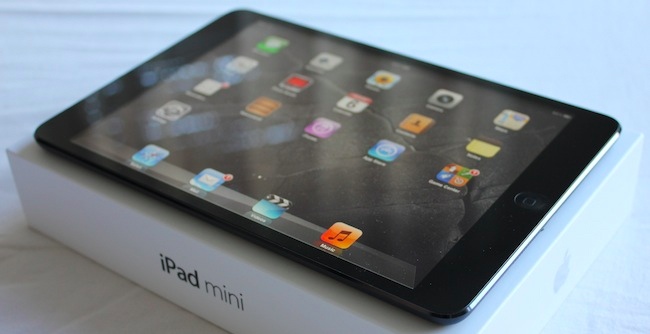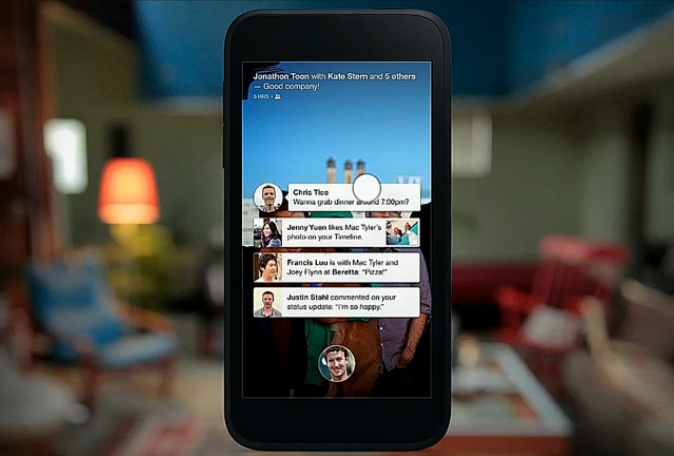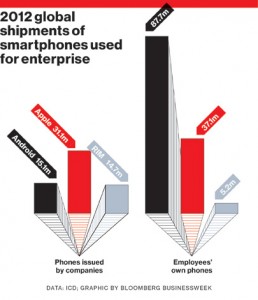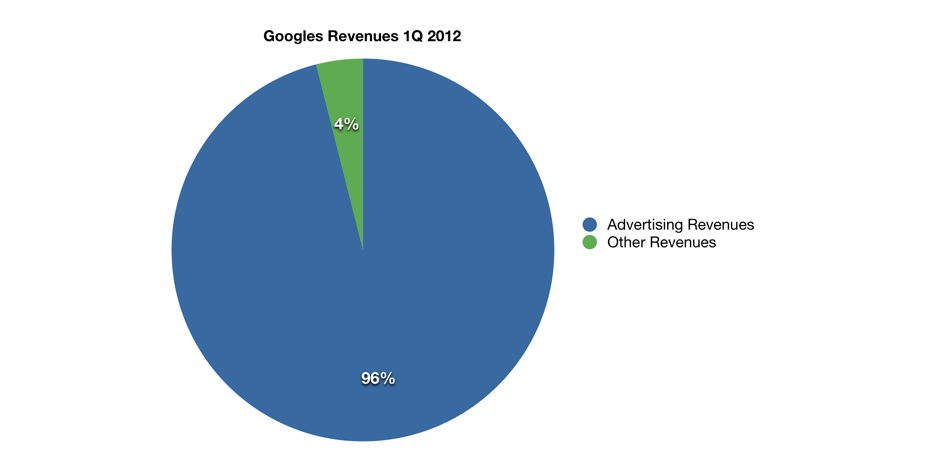After hearing this news about a month ago, I decided to post it and get others responses to it.
It seems although they are in a bitter legal battle with each company suing each other, Apple is still doing business with the Korean company Samsung, but for how long? The relationship started because the companies that previously provided the displays for the iPads, weren’t meeting with quality standards and were dropped. These companies included LG and Sharp Inc. Now it seems that because the legal battles that are happening, Samsung will also be dropped. It seems that the new company to step in and win over Apple’s iPad Mini, is Innolux. Innolux already provides Apple with the displays for the big iPad, and iPod Touch, so the change should be easy.
For those of us who have iPhone, we all noticed how the maps changed when Apple and Google parted ways. A lot of us found out that we were driving or walking into the middle of an ocean when we would look for destinations, or the maps wouldn’t fully load correctly, of course now its fixed after a couple of updates. So will another debacle like this happen when they part ways with Samsung? As consumers, we hate it when the quality of a good product continues to decline and there are a lot of Apple consumers who are very happy with the components that Samsung provides to these devices. Not only are they providing the display panels, but they also manufacture the chips for the Apple devices.
The major question that will be looming is will the quality of Apple products start to decline? It’s been said that Apple is dropping Samsung because of the costs that are now being demanded, so will looking for lower costs, lower the quality? I find it natural that Apple would want to drop Samsung because of their legal battles. Why would they want to help and contribute to their competitors? Samsung is stepping up in the technology industry and is becoming a big competitor to Apple and it’s in their best interest to part ways before the blueprints to their best selling devices are found out.
As news of “The Next Big Thing,” the Samsung Galaxy S4 has come out, will it make a splash big enough to make some new converts? I’ve heard some of the new features on the phone and I find them a little bit weird. The biggest one is the ability to wave your hand to switch screens. Just picture yourself waving your hand at your phone and think about how you will look. I’m not knocking it all, I just find it funny. Each phone is targeting different customers, but are always pinned each other for top spot.
Let me know what you guys think about the new move and if it will or will not effect the quality of Apple products. Feel free to chime in on the new S4 as well.
http://www.neowin.net/news/apple-may-abandon-samsung-for-retina-ipad-mini-displays






